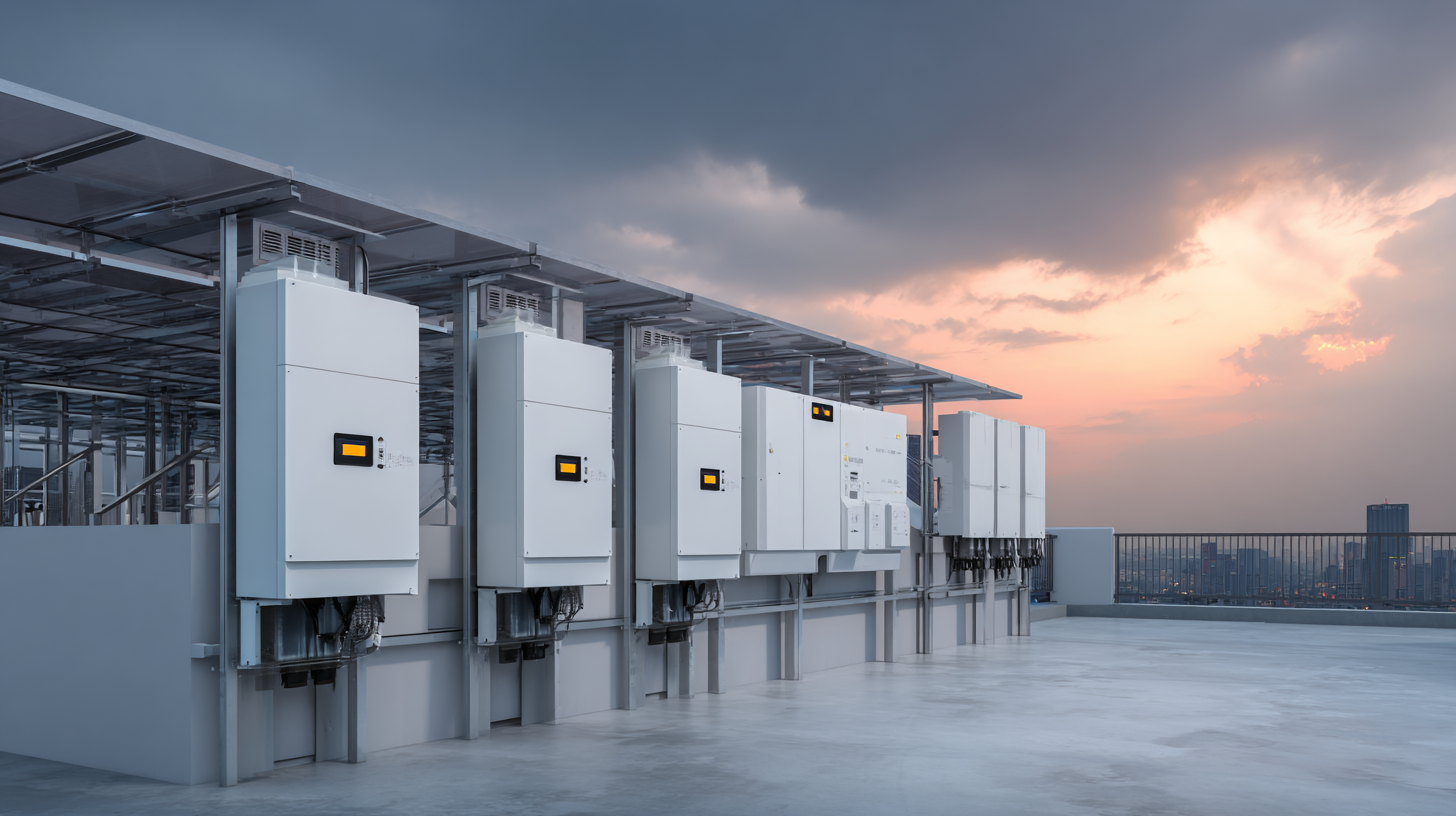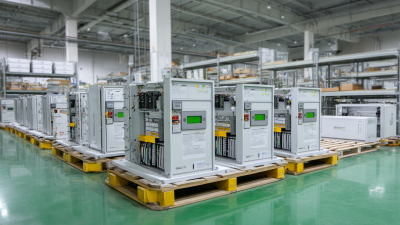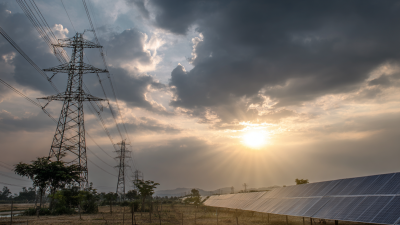SunVena Solar Blog
Residential Solar News, Insights & Resources
Mastering Hybrid Solar Inverters: A Comprehensive Guide to Boosting Energy Efficiency by 30%
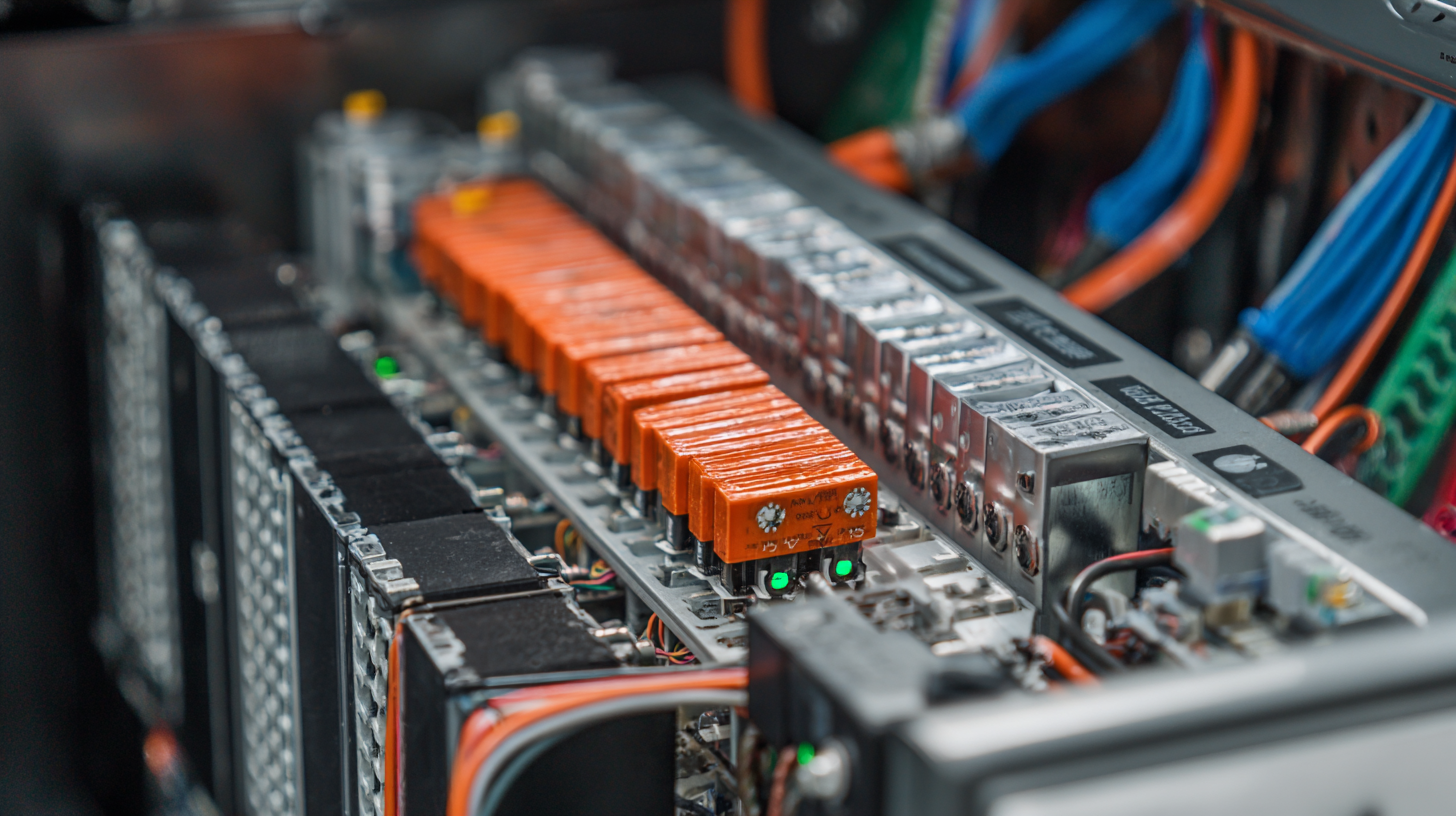 As the world shifts towards sustainable energy solutions, hybrid solar inverters have emerged as pivotal components in maximizing energy efficiency. According to a recent report by the International Renewable Energy Agency (IRENA), the integration of hybrid systems can boost overall energy output by up to 30%, significantly reducing reliance on traditional power sources. These inverters not only blend solar energy with stored battery power but also enhance grid stability and resilience. The increasing adoption of hybrid solar inverters is testament to their ability to provide consumers with a cost-effective and reliable energy solution. In this comprehensive guide, we will delve into the intricacies of hybrid solar inverters, exploring their benefits, functionalities, and the strategies necessary to harness their full potential for enhancing energy efficiency.
As the world shifts towards sustainable energy solutions, hybrid solar inverters have emerged as pivotal components in maximizing energy efficiency. According to a recent report by the International Renewable Energy Agency (IRENA), the integration of hybrid systems can boost overall energy output by up to 30%, significantly reducing reliance on traditional power sources. These inverters not only blend solar energy with stored battery power but also enhance grid stability and resilience. The increasing adoption of hybrid solar inverters is testament to their ability to provide consumers with a cost-effective and reliable energy solution. In this comprehensive guide, we will delve into the intricacies of hybrid solar inverters, exploring their benefits, functionalities, and the strategies necessary to harness their full potential for enhancing energy efficiency.
Understanding the Basics of Hybrid Solar Inverters and Their Components
Hybrid solar inverters are becoming increasingly popular among homeowners and businesses looking to harness solar energy efficiently. These versatile systems combine solar energy generation with energy storage, allowing users to maximize their energy use while reducing reliance on the grid. According to a report by ResearchAndMarkets, the hybrid solar inverter market is projected to grow at a CAGR of 12.29% from 2021 to 2026, driven by the rising demand for renewable energy sources and the need for efficient energy management solutions.
Understanding the components of hybrid solar inverters is crucial for optimizing their performance. Typically, these inverters consist of a solar charge controller, an inverter for alternating current (AC) output, and a battery management system. They manage energy flow from solar panels to both the grid and connected devices, ensuring that excess energy generated during the day is stored for later use. The International Renewable Energy Agency (IRENA) found that integrating energy storage with solar power can increase self-consumption rates by more than 30%, showcasing the potential of hybrid solar inverters to significantly boost energy efficiency in both residential and commercial settings.
Key Benefits of Using Hybrid Solar Inverters for Energy Efficiency
Hybrid solar inverters are at the forefront of enhancing energy efficiency, offering significant advantages for both residential and commercial energy systems. One of the key benefits of using hybrid solar inverters is their ability to seamlessly integrate multiple energy sources, such as solar panels and battery storage, which can lead to an overall increase in energy utilization efficiency by up to 30%. This integration allows users to maximize solar energy capture during the day and utilize stored energy during peak consumption times, ultimately reducing reliance on grid electricity.
When choosing a hybrid solar inverter, consider these tips: First, ensure the inverter supports the specific battery type you plan to use, as compatibility is crucial for optimal performance. Second, look for inverters that offer advanced energy management features, enabling better control over energy flows and consumption patterns. Utilizing such functionalities can significantly enhance operational efficiency, particularly in a world increasingly focused on renewable energy solutions.
Additionally, keep an eye on technological advancements within the hybrid inverter space. Innovations are continually emerging, allowing for improved efficiency and smarter energy management capabilities. Regularly updating your knowledge on the best practices can help you stay ahead in optimizing your energy efficiency strategy.
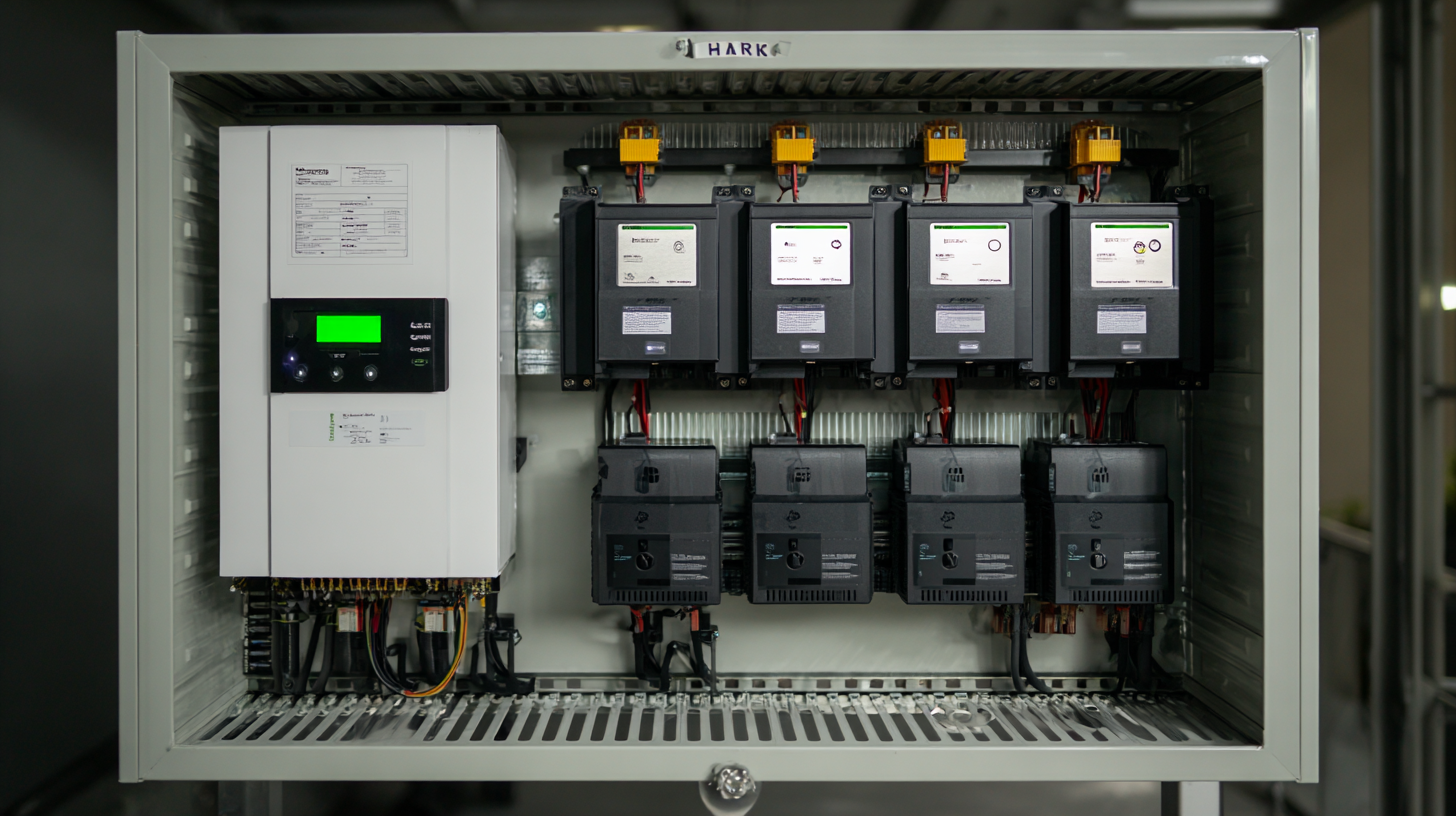
Comparing Hybrid Solar Inverters with Traditional Solar Systems
When comparing hybrid solar inverters with traditional solar systems, a key difference lies in their ability to manage energy sources more efficiently. Traditional solar systems typically rely solely on solar panels to generate electricity, which can create challenges during periods of low sunlight. In contrast, hybrid solar inverters combine energy from solar panels with grid power and battery storage, allowing for a more reliable energy supply even in cloudy conditions or at night.
Tips: When choosing a hybrid solar inverter, consider systems with advanced energy management features that optimize solar production and storage capacity. This not only enhances efficiency but also maximizes your energy usage, potentially leading to significant savings on electricity bills.
Furthermore, hybrid systems provide greater flexibility and energy independence. You can store excess solar energy and use it when needed, rather than relying exclusively on the grid. This becomes particularly beneficial during peak usage times when electricity rates are higher.
Tips: Look for hybrid solar inverters with smart monitoring capabilities. These systems allow you to track energy consumption in real-time, helping you identify patterns and adjust usage habits to ensure you get the most out of your solar investment.
Practical Tips for Maximizing the Performance of Hybrid Solar Inverters
Hybrid solar inverters offer a unique opportunity to maximize energy efficiency in solar energy systems. To ensure optimal performance, begin by ensuring proper installation. Engage a certified technician who can assess your home’s energy requirements and configuration. Additionally, maintaining an unobstructed pathway to sunlight for your solar panels is crucial. Regularly clean the panels and check for any shading from nearby trees or structures, which can significantly reduce energy production.
Another practical tip is to integrate smart energy management systems. These systems can optimize energy consumption by strategically using stored energy during peak times and adjusting usage based on real-time energy demands. Consider scheduling high-energy consumption tasks, like laundry or dishwashing, during off-peak hours when energy rates are lower. Moreover, regularly monitoring your inverter's performance and energy generation will help identify any issues early, ensuring that your hybrid solar inverter operates at peak efficiency and helps you achieve that coveted 30% boost in energy efficiency.
Mastering Hybrid Solar Inverters: A Comprehensive Guide to Boosting Energy Efficiency by 30%
| Dimension | Description | Tips for Maximizing Performance |
|---|---|---|
| Energy Output | The total energy produced by the inverter. | Regularly monitor energy output metrics and adjust settings for optimization. |
| Battery Management | Efficient charging and discharging of battery storage. | Implement smart battery management systems to prolong battery life. |
| Inverter Efficiency | Ratio of useful energy output to total energy input. | Choose inverters with high efficiency ratings and maintain them regularly. |
| Load Management | Balancing energy supply with energy demand. | Implement load shedding strategies during peak usage times. |
| Solar Panel Orientation | The angle and direction of solar panels. | Optimize panel orientation for maximum sunlight exposure throughout the year. |
Long-Term Financial and Environmental Advantages of Hybrid Solar Technology
Hybrid solar inverters are not just a cutting-edge technology; they offer significant long-term financial and environmental advantages. By integrating solar energy with other power sources, hybrid inverters optimize energy utilization, reduce reliance on the grid, and lower electricity bills. Over time, these savings accumulate, showcasing a clear financial incentive for consumers. Moreover, as the move towards renewable energy gains momentum, adopting hybrid solar technology can enhance property value and diminish carbon footprints, contributing positively to the environment.
To maximize the benefits of hybrid solar systems, here are a few tips. First, consider combining solar panels with battery storage. This setup allows for energy use even when sunlight is unavailable, further increasing efficiency and savings. Second, regular maintenance is crucial—keeping your solar panels clean and ensuring the inverter operates optimally can prevent costly downtimes. Lastly, stay informed about local incentives and rebates for renewable energy installations; these can significantly offset initial costs, making hybrid systems even more accessible.
By embracing hybrid solar technology, consumers not only benefit financially but also play a vital role in fostering a sustainable future. The dual advantage of economic savings and environmental protection positions hybrid solar systems as a pivotal choice for modern energy needs.
